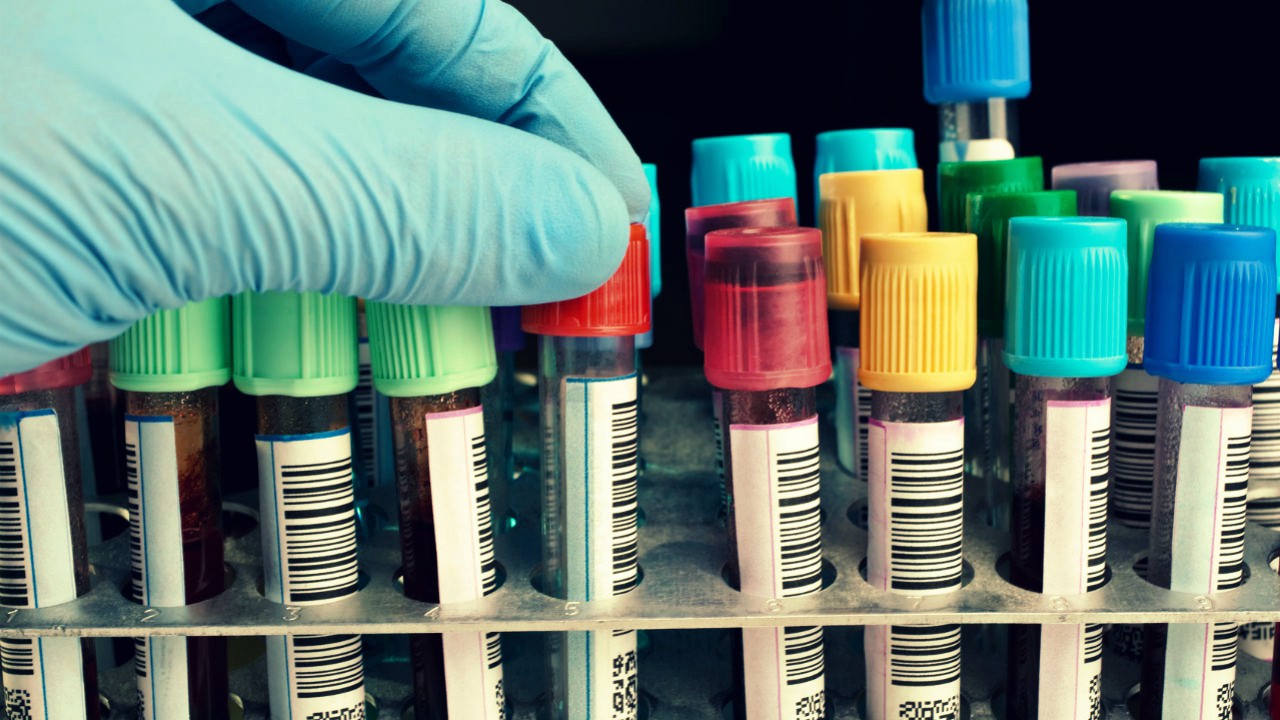 Photos: Getty Images
Photos: Getty Images
I’m all for self-empowerment when it comes to heath care. I also really believe in taking preventative measures, when and if, they’re appropriate. After all, wouldn’t it be better to avoid getting sick in the first place versus treating yourself after you’re ill? So, when it comes to caring for your heart, when is it too early to begin screening for heart disease? The answer to this question just might surprise you. According to the American Academy of Pediatrics (AAP) guidelines, screening for high cholesterol should begin at age 2, with statin therapy starting as early as age 8 for some groups of children.
The new AAP recommendations were based on the results of the Universal Versus Targeted Blood Cholesterol Screening Among Youth: The CARDIAC Project. The CARDIAC Project was no small undertaking. Researchers took the family cardiac history, along with the lipid profiles, of 20,000 fifth graders in the state of West Virginia. This study differed from other studies in that all of the fifth grade students were tested for cholesterol levels regardless of whether or not they fit the risk “profile” for heart disease. Profile factors included a familial history of early heart disease or dyslipidemia. About 71 percent of the students tested fit the profile while the remaining students tested (5,798) had no risk factors. Of the group which had no risk factors for heart disease, researchers found 268 students with cholesterol high enough to recommend medical intervention (i.e. treatment with statin drugs). As a result of the study, researchers recommend testing all children regardless of risk factors for heart disease.
Other recommendations regarding children and cholesterol include:
• Cholesterol screening for children beginning at age 2 (but no later than age 10), if there is a familial history of smoking, hypertension, diabetes, obesity, dyslipidemia, or premature heart attack.
• Treatment with statins for children beginning at age 8 who have LDL cholesterol of more than 190 mg/dL. (If there is a family history of heart disease or if at least two other risk factors are present, this figure goes to 160 mg/dL. Some recommend that levels be 110 mg/dL depending on the risk factors.)
Unhealthy cholesterol levels, particular low-density lipoprotein (LDL or “bad”) cholesterol levels have been linked to the development of heart disease. Unhealthy cholesterol levels can be treated in a number of ways, ranging from lifestyles changes (such as diet, nutrition and exercise) to intervention with drugs - primarily statins. Statin usage is not without controversy. Statins have been linked to numerous side effects including: nausea, chronic fatigue, reduction in CoQ10 levels (which may lead to congestive heart failure later), muscle pain or damage (which may be permanent), cardiomyopathy, and liver damage. It was unclear in the research for this article how much research had been done with respect to treating children with statin therapy and the side effects that it may cause.
Heart disease is still very treatable with diet, nutrition and exercise. Just as you would with yourself, if you are concerned about your child’s heart health, ensure that they are eating a healthy diet which includes fish and limits grains and sugars. Also, consider limiting the amount of time glued to the television, iPod, telephone or other electronic texting device in favor of an activity that gets them off the couch and moving (bike riding, swimming, even normal running and playing - the point is to get them to move!). If you have questions about heart disease as it relates to your child, be certain to talk it over with your pediatrician at your next well child check.
Sources:
Dr. Al Sears, Stain Candy for Children?? What’s up with that?, 13 Aug 2010, http://www.alsearsmd.com/statin-candy-anyone/
Study Supports Universal Cholesterol Screening of Children, 12 July 2010, American Academy of Pediatrics, http://www.aap.org/advocacy/releases/july1210studies.htm
Stephen Daniels, MD, PhD, and Frank Greer, MD, Lipid Screening and Cardiovascular Health in Childhood, www.pediatrics.org/cgi/doi/10.1542/, peds.2008-1349, doi:10.1542/peds.2008-1349,






Add a CommentComments
There are no comments yet. Be the first one and get the conversation started!